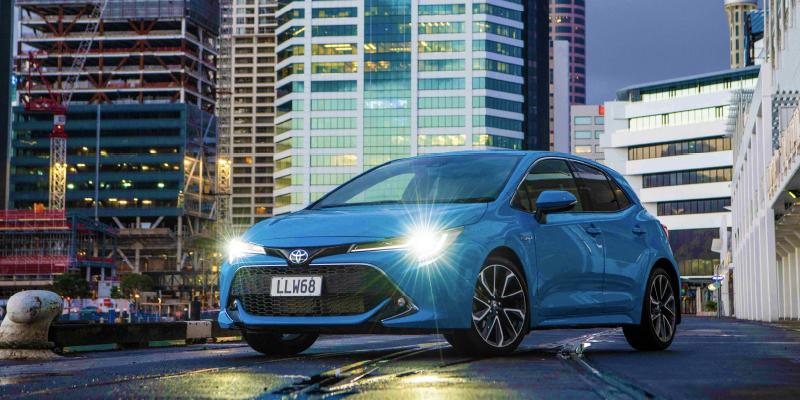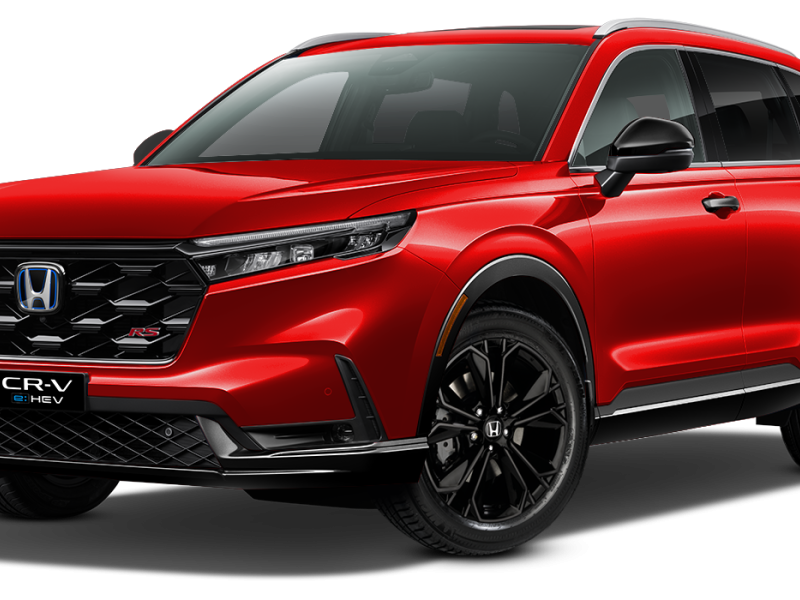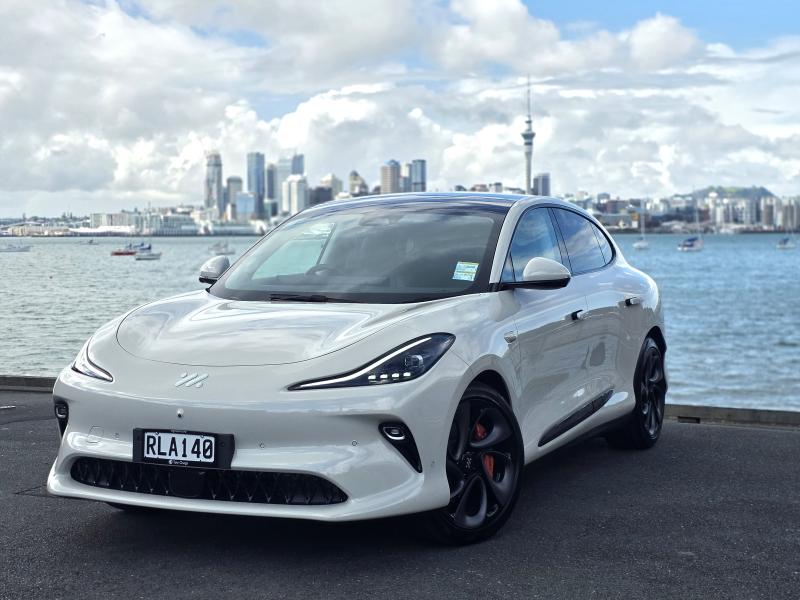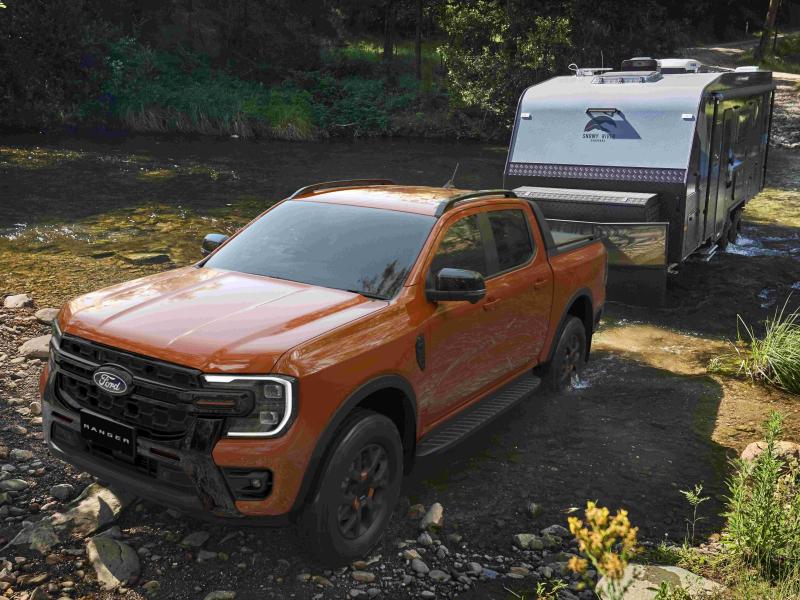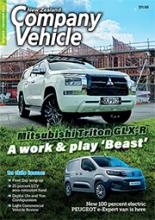It may seem odd that Toyota should be launching its all new Corolla sedan and wagon now, two years after the launch of the 2019 all-new hatch, which confusingly,
we saw in 2018.
But such are the vagaries of product planning and global distribution, and this might explain why Toyota Australia received its 2020 Corollas in late 2019, while we have only landed them here in 2020, and of course, we get the wagon, where our trans-Tasman cousins do not.
Historically, this is not a surprise. The Corolla wagon appears to be popular – in the Antipodes anyway – here, but nowhere else.
As a bit of history, the outgoing Corolla wagon was in fact a Japanese domestic specification, mildly adapted for our market, but sourced directly out of Japan, while the rest of the Corolla line-up at the time, followed global design cues.
This might also explain why the wagon came in with odd specifications and a weird 1.5-litre displacement engine (other Toyotas, even Japanese domestics, ran 1.8 litres), all of which seemed a little behind the times.
Indeed, the fleet market acceptance of the previous model wagon is something of a surprise, considering its ‘poor cousin’ engine choice and equipment levels.
It’s a different story this time around; the 2020 wagons are more in line with the contemporary hatch and sedans which have just landed, thus the Corolla range is much more cohesive and comprehensive.
In fact, with a sedan, hatch and wagon, Toyota has a refreshing car-based range offering, and it is possibly the only brand in the country that does.
Nor should we forget the Corolla offers hybrid technology and indeed, Toyota claims this to be the headlining consideration for the brand, that and enhanced safety, handling and connectivity.
The new arrivals underscore Toyota’s ongoing commitment to the reduction of CO2 emissions, which is why a 1.8-litre hybrid engine is something of the hero powerplant found in the hatchback and the sedan.
Corolla’s hybrid is the same in the three grades (GX, SX and ZR) of hatch as it is in the lone grade (SX) of the sedan and has a combined output of 90kW and produces fuel consumption figures as low as 4.2 litres per 100km, though this comes down to a claimed 3.5 litres per 100km in the sedan thanks to the aerodynamic styling and the low rolling resistance tyres.
Hybrid engines are mated to the E-CVT – electronic continuously variable transmission which affords maximum efficiency between the wheels and the hybrid motor, even when charging the battery.
The SX petrol sedan runs a two-litre petrol engine, the same as the two-litre petrol engines found in the GX, SX and ZR hatchbacks all of which run conventional CVTs.
Hybrid tech does not appear to be available in the wagon, which uses a 1.8-litre petrol with a CVT in a single GX specification level.
As far as safety technology is concerned, all Corollas in the range are equipped with the advanced version of the Toyota Safety Sense suite, which includes a pre-collision system, autonomous emergency braking, dynamic radar cruise control, road sign assist, automatic high beam, seven airbags and a reversing camera. Hatches and sedans take lane tracing assist, while the wagon adopts lane departure alert.
New for the SX and ZR hatchbacks are additions of the front and rear parking sensors to the parking and braking system, along with Toyota’s intelligent clearance sonar and rear cross traffic auto brake, which operates at speeds below 15km/h to activate the brakes when objects are detected in front of or behind the vehicle.


